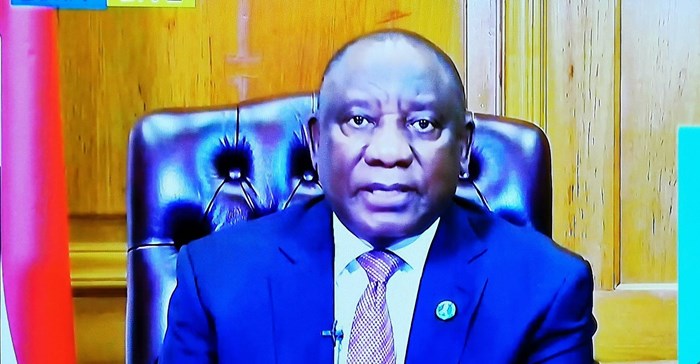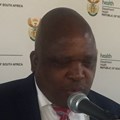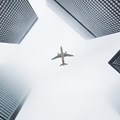SA stays on Alert Level One with mandatory vaccinations to be investigated

President Cyril Ramaphosa addressed the nation on Sunday evening following meetings with the National Coronavirus Command Council, the President’s Co-ordinating Council and Cabinet as well as the country’s premiers and MECs on the Saturday.
He explains that the country will remain at Alert Level 1 as with previous waves vaccines were not available and fewer people were vaccinated. “This is no longer the case. Vaccines are free and available across the country.”
He adds that the virus will be with us for some time, and we need to find a way to manage it.
His address follows the announcement on Thursday of a new Covid-19 variant, the B1.1.529, named Omicron by the World Health Organisation (WHO) by the Health Minister, Joe Phaahla.
Get vaccinated
The president made a strong call to the population to get vaccinated, calling the vaccination the number one tool to fight the virus. “I call on every person who is not vaccinated to go to their vaccination station.”
He says that too many people are resisting and expressing doubt on the vaccine.
“This is the time to get vaccinated. It is most important way to protect yourself and others and to stop the fourth wave and it is vital to return of economy to normal.”
The wearing of masks and fresh air are other important tools to protecting ourselves he adds.
Addressing mass gathering such as major conferences and meetings, especially those that require a large number of people to be in close contact over extended periods, he says these should be changed to virtual formats.
“End-of-year parties and matric year-end raves as well as other celebrations should ideally be postponed, and every person should think twice before attending or organising a gathering.”
Mandatory vaccination
“As individuals, as companies and as government, we have a responsibility to ensure that all people in this country can work, travel and socialise safely,” says the president.
He says that government has been engaging with social partners and other stakeholders on introducing measures that make vaccination a condition for access to workplaces, public events, public transport and public establishments.
This includes discussions that have been taking place at Nedlac between government, labour, business and the community constituency, where there is broad agreement on the need for such measures.
“Government has set up a task team that will undertake broad consultations on making vaccination mandatory for specific activities and locations,” he says.
The task team will report to the Inter-Ministerial Committee on Vaccination chaired by the deputy president, which will make recommendations to cabinet on a fair and sustainable approach to vaccine mandates.
“We realise that the introduction of such measures is a difficult and complex issue, but if we do not address this seriously and as a matter of urgency, we will continue to be vulnerable to new variants and will continue to suffer new waves of infection,” he adds.
Travel ban
The announcement also saw the UK and several other countries place South Africa on the red list, imposing a travel ban that starts on Monday.
The president made an impassionate plea to the countries that have imposed travel bans to South Africa and some of its sister countries, to lift the ban immediately and urgently.
“We are deeply disappointed by the decision of several countries to prohibit travel from a number of Southern African countries following the identification of the Omicron variant,” he says.
“This is a clear and completely unjustified departure from the commitment that many of these countries made at the meeting of G20 countries in Rome last month.
“They pledged at that meeting to restart international travel in a safe and orderly manner, consistent with the work of relevant international organisations such as the World Health Organisation, the International Civil Aviation Organisation, the International Maritime Organisation and the OECD.
“The G20 Rome Declaration noted the plight of the tourism sector in developing countries, and made a commitment to support a “rapid, resilient, inclusive and sustainable recovery of the tourism sector,” says the president.
He adds that “there is no scientific justification for keeping these restrictions in place”.
To enter South Africa travellers will need a vaccination certificate and negative CPR test 72 hours prior and masks must be worn during travel.
The president paid tribute to the South African scientists, calling them world-renown.













































